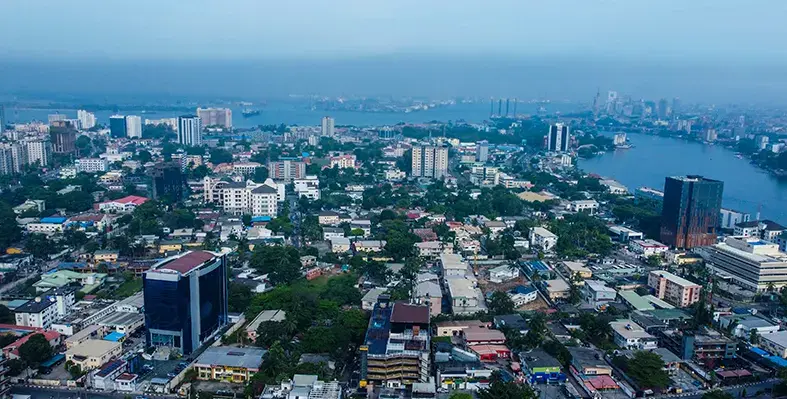Farm Radio Trust, a long-term partner of the World Food Programme (WFP) in Malawi, is broadcasting COVID-19 awareness messages for rural farmers
Other than helping with the food distribution, Farm Radio Trust provides information to the rural sections of the society. It uses radio channels and other information and communication technologies, such as, a dedicated hotline, interactive voice recordings, and texting to share weather information, agricultural advisories with smallholder farmers, and radio dramas and programmes related to school curriculum and health care providers.
Every day it reaches out to more than 700,000 listeners, and its programmes are picked up by Zodiak Broadcasting Station, which has a national base of 2.9mn listeners. As a response to the pandemic, Farm Radio Trust continues to broacast programmes and relay messages from the ministry of health, for creating awareness among the rural farmers.
Since the discovery of COVID-19, governments all across Africa are taking stringent measures, to contain the spread, which includes closely monitoring and preventing the movement of people from one part of the country to another.
But for people who live in the rural areas or those who have no access to newspapers, television or social media, there is a lack of proper information and knowledge, which can soon lead to misinformation, fake news and an irrational panic, if not dealt with, timely.
John Mpakeni, a producer at Farm Radio Trust, said, “I source accurate information about the pandemic from Ministry of Health, to produce appropriate programmes for the farmers.” “I also engage with a lot with farmers when I am in the field, collecting radio programme content. When we see that more and more farmers have handwashing facilities at their homes, and at meeting points; it encourages us to work harder,” he added.
“My role here is to collect market-price data from farmers. However, because our radio also speaks about the virus, some farmers ask about COVID-19 too. I have the official messages sent by the Ministry of Health, so it is easy to respond to the farmers’ queries. One never knows who can be saved through this small gesture,” revealed Takondwa Chindiwo, a call centre intern at the Trust.
Malawi with a population of about 18 mn, has registered an increase in the number of natural disasters, in the recent past; including floods, dry spells, strong winds, diseases and pest outbreaks.
People’s livelihoods have been destroyed by these, caused hunger and poverty to increase. COVID-19 will be a threat to millions, already afflicted with malnutrition, climate change and natural hazards.
WFP is working all over the world to maintain assistance programmes, despite the global outbreak, and developed a plan to reorganise food distributions, in such a way that the staff, as well as the food assistance programme volunteers, remain safe, while providing to the vulnerable.
Gladys Phiri who works for the radio trust in Lilongwe, Malawi’s capital, on the other hand, mentioned that she practises all the preventive measures, as recommended by the Ministry of Health. “Even at home and wherever I go, I practise personal hygiene and regularly wash my hands with soap. I keep a distance while interacting and limit my movement outdoors,” she added.






















